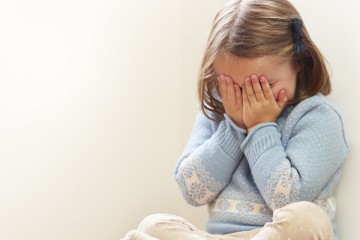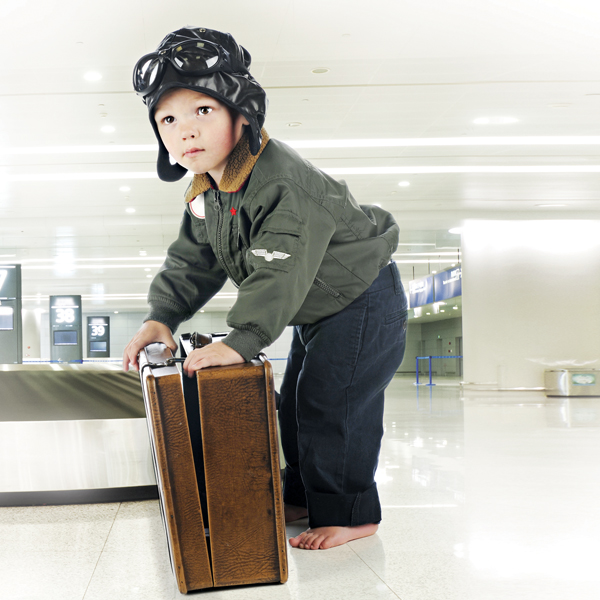
What Is Colic?
Colic is the term used to describe uncontrollable crying in an otherwise healthy infant during its first three to four months of life. Typically colic is diagnosed if the baby is crying at least three hours a day, for three or more days per week and for three weeks or more.

Screen Time Insomnia
Screens, including TVs, computers, tablets, iPhones and video games, can emit a blue light that can be a strong signal to your brain that it’s daytime or wake time. If the screen is being used at night, it can send your body a signal that makes it difficult to know it’s nighttime and sleep time.

Identifying Child Abuse
"If a baby isn’t cruising, crawling or getting around, a bruise would be worrisome unless there is an explanation,” says CHOC pediatrician and child abuse expert Dr. Wong. Another sign of abuse may be bruises in unusual places, like the abdomen or buttocks.


















